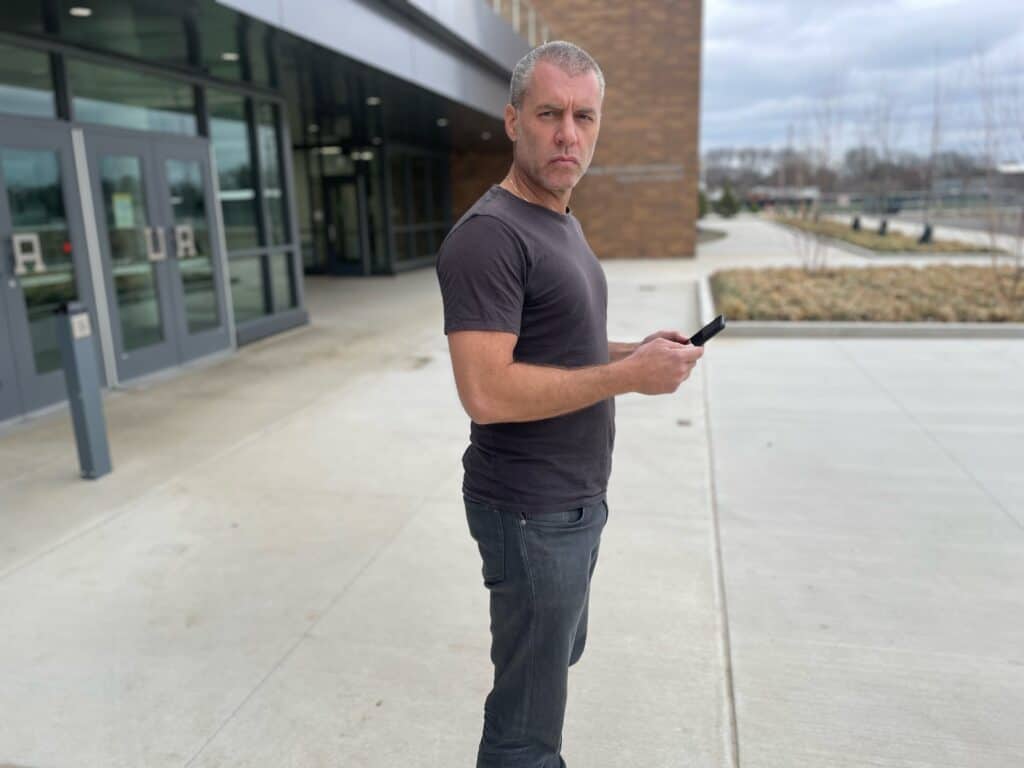Cases
Changizi v. HHS
CASE: Mark Changizi, et al. v. Department of Health and Human Services, et al.
STATUS: Closed
NCLA ROLE: Counsel
COURTS HEARD IN: SCOTUS, 6th Cir., S.D. Ohio
ORIGINAL COURT: U.S. District Court for the Southern District of Ohio, Columbus Division
DECIDING COURT: U.S. Supreme Court
OPENED: March 24, 2022
AGENCIES: Department of Health and Human Services | Office of Surgeon General
FOCUS AREAS:
CASE SUMMARY
The U.S. Surgeon General and HHS directed social media platforms including Twitter to censor alleged “misinformation” about Covid-19. The speech ban included information the Government later conceded was true but that conflicted with its messaging on Covid-19 at the time. The Surgeon General demanded that the tech companies turn over information about individuals who spread such “misinformation,” a clear intimidation tactic that HHS labeled a “Request for Information” (RFI). NCLA clients Mark Changizi, Daniel Kotzin, and Michael Senger each had Twitter accounts with tens of thousands of followers or more, but Twitter permanently banned Mr. Senger, temporarily suspending Mr. Changizi and Mr. Kotzin for their tweets about COVID-19.
After the Surgeon General and HHS issued a July 2022 advisory commanding technology platforms to collect data on the “spread and impact of misinformation” and “prioritize early detection of misinformation ‘super-spreaders’ and repeat offenders” by “impos[ing] clear consequences for accounts that repeatedly violate platform policies,” Twitter began suspending more and more accounts, some permanently. The type of censorship imposed on NCLA’s clients attacks the heart of what the First Amendment was designed to protect—free speech, especially political speech, much of which has later been vindicated as accurate. The Surgeon General’s RFI demanded that technology platforms turn over “information about sources of Covid-19 misinformation” to the Government by May 2, 2022, exceeding his statutory authority.
The statute cannot reasonably be interpreted to allow the Surgeon General to order tech companies to censor individuals with whom he disagrees on Covid policy, or demand that Twitter hand over information about such account holders without a probable cause-based warrant. Demanding social media platforms turn over information about users that the Government deems problematic violates of the Fourth Amendment.
RELEVANT MATERIALS
NCLA FILINGS
Memorandum for the Respondents
April 29, 2024 | Read More
Brief of Amicus Curiae Foundation for Moral Law in Support of Petitioners
April 29, 2024 | Read More
Petition for a Writ of Certiorari
March 26, 2024 | Read More
Order of the U.S. Court of Appeals for the Sixth Circuit
December 27, 2023 | Read More
Plaintiffs-Appellants’ Petition for Panel Rehearing and Rehearing en Banc
October 30, 2023 | Read More
PRESS RELEASES
NCLA Asks Supreme Court to Resolve Circuit Split over Standing in Social Media Censorship Cases
March 27, 2024 | Read More
NCLA Petitions en Banc Sixth Circuit to Halt Government-Directed Social Media Censorship
October 31, 2023 | Read More
NCLA Takes on U.S. Surgeon General’s Censoring of Alleged Covid-19 “Misinformation” on Twitter
March 25, 2022 | Read More
IN THE MEDIA
Meta’s U-Turn on Censorship: A Win for Free Speech or Too Little, Too Late?
NCLA Blog
January 10, 2025
Examining The CDC’s COVID Response Actions: “Coercion. Deception. Censorship.”
September 27, 2023
Lawsuit Challenges Federal Crackdown on COVID-19 Misinformation on Social Media
The Boston Globe
February 7, 2023
Twitter Launches New Purge of COVID Contrarians While Reckoning With Musk, Free Speech Litigation
Just The News
February 7, 2023
Lawsuit: Biden Admin Pressuring Big Tech to Censor Users
The New American
February 7, 2023
CASE HIGHLIGHTS
Media Mention
February 7, 2023
Lawsuit: Biden Admin Pressuring Big Tech to Censor Users
Source: The New American
Opinion
June 11, 2022
Kamala Harris' Free Speech Task Force
Source: Kamala Harris’ Free Speech Task Force
Press Release
November 29, 2022
NCLA Sixth Circuit Appeal Asks Court to Halt Government-Directed Social Media Censorship

